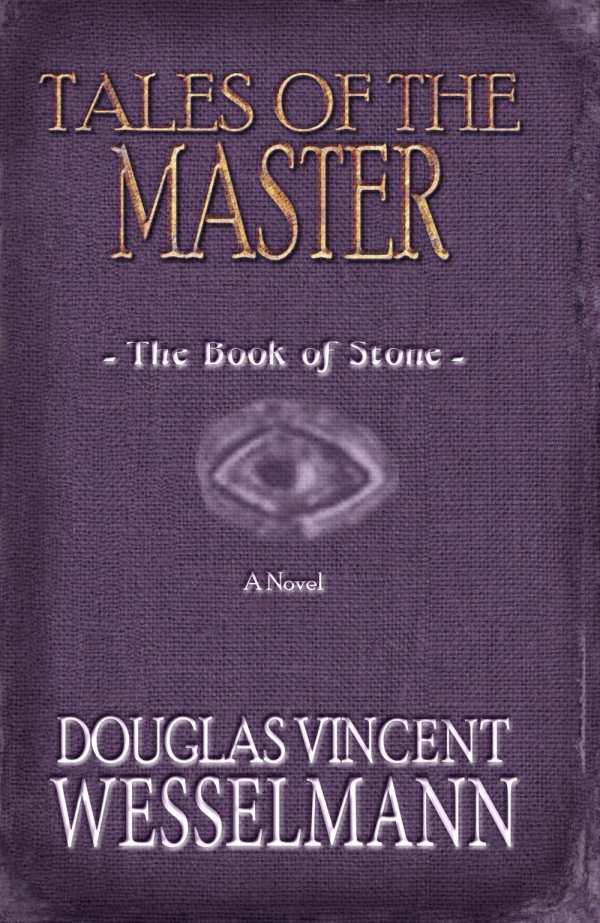Tales of the Master
Evocative, metaphorical prose delivers this story of a writer’s suicidal depression interrupted by a child and the haunting voice of ancient fables.
In a single summer day in Sycamore, Iowa (pop. 897), Cole Seatstone, writer, father, and divorcé, plans his suicide. Grieving for his only child, a baby girl lost to illness, Cole blames himself: “I had ignored a baby crying.” Cole’s latest book was poorly received—his editor warned him it was depressing; readers agreed. Shut down, Cole declares, “There were no sentences left to write. Failure is the ultimate soft pillow.”
Redemption comes in a child. Ali is Cole’s Kurdish neighbor’s eight-year-old son. The two take walks into “uptown” Sycamore. Wesselmann’s metaphors and similes lend poetic quality: “The Owl House stared at us … the twin peaked roof a steep valley, like a beak. The windows … were eyes.” Jungian imagery evokes the spiritual: “Ali’s white teeth were as round as eggs.”
When Georgia Jasper, the “town intuitive,” emerges from the house, embracing Cole and imploring him to stay for supper, her admiration is unrequited. After Cole’s rebuff, “her face fell into that trance thing she did when a vision hit.” She warns, “If you don’t enter my house … there will be a death before midnight.” “Stop fortune telling,” says Cole. She shouts, “Damn you Cole Seatstone!” throwing a thin purple book at his head.
When Ali retrieves it and begs Cole to read from The Tales of the Master: The Book of Stone, the novel launches into juxtaposed passages from the Book and Cole’s wry, cynical narration. A fatherly storytelling delivers the book’s spiritual nuggets; instead of preaching, Cole wonders aloud with Ali at the poetic parables.
Indeed, these ancient tales—filled with rough diamonds—were translated from “ancient Median dialects,” a provenance the author’s endnote traces back to “cuneiform ‘flat pottery,’ maybe as early as 8800 BCE.” Cole criticizes the lilting prose, but it resonates, and he admits, “There was a meter there … The rhythm was like primitive drums.”
Cole transforms. But he and the boy are beholden to the intractability of stone. They meet with an ultimate loss and are reborn in the only thing truly eternal on this earth—love.
Reviewed by
Kai White
Disclosure: This article is not an endorsement, but a review. The publisher of this book provided free copies of the book to have their book reviewed by a professional reviewer. No fee was paid by the publisher for this review. Foreword Reviews only recommends books that we love. Foreword Magazine, Inc. is disclosing this in accordance with the Federal Trade Commission’s 16 CFR, Part 255.

